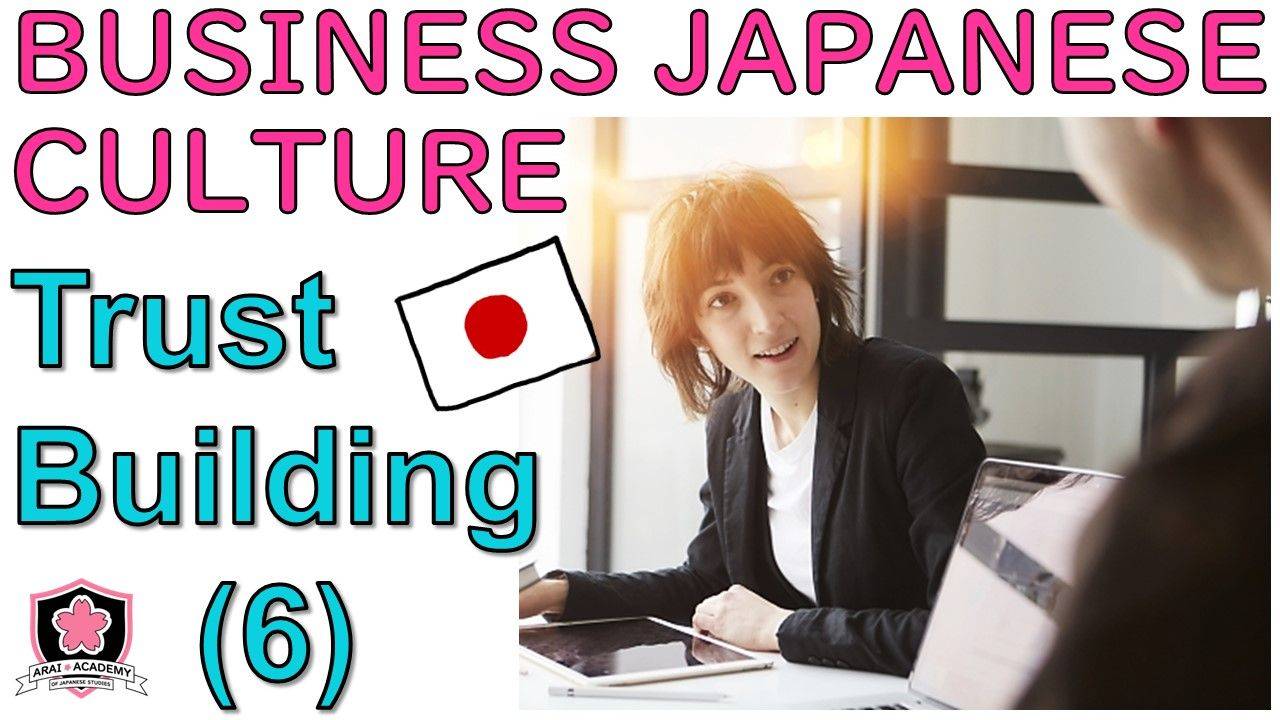【How to Succeed in Business Japanese Communication】- Think Like the Japanese (6)
Feb 03, 2025
【How to listen effectively to build trust】
こんにちは。日本で、または日本語でお仕事をしていらっしゃる皆さん、いつもお疲れ様です。
Hello. Thank you for all your hard work to those who are working in Japan or in Japanese.
毎日のお仕事はいかがですか?日本語で仕事をするだけでもとても頑張っていると思います。でも、時々不安になることもたくさんありますね。メールを書く時でも、「これでいいのかな?」と迷うことがあると思います。そしてどうしたらいいのがわからないままになることもあるかもしれませんね。
How is your work every day? I am sure that it’s hard enough to work in Japanese. But you might have some concerns through your work sometimes. Even when writing emails, you might think “Is this right?” . And you may not know what to do.
どのやり方もいいと思いますが、国によってやり方が違うということもあります。ちょっとした違いで、相手の印象も大きく変わるという場面は、私も何度か経験しています。
There are no correct or wrong ways, but there are better ways depending on different countries. We have seen that a small thing can make a big impact on the impression of yourself many times.
そこで今回は日本人にとって印象がいい“話の聞き方”について考えましょう。自分に話している相手が安心できるように聞くことが大切になります。
1. 聞き方の違いによって、相手にどのような印象を与えるのか。
2. スムーズにコミュニケーションをするために、どう聞くといいか。
皆さんのいつもの聞き方と比べてみるのもいいですね。最終的にいい聞き方をすることで“信用”を築く一歩にもなるということが理解できると思います。
Therefore, let's think about “how to listen” in a way that makes a good impression on Japanese people. It is important to listen in a way that makes the person you are listening to feel comfortable.
- How different ways of listening give different impressions to others.
- How should you listen in order to have smooth communication?
It is also good to check how you usually listen. Ultimately, you will understand an effective listening style is a step toward building “trust”.
まず、実際にあった例をお話しします。日本人のマネージャーが指示を出すためにデスクに来たとき、AさんとBさんはその指示の聞き方が違いました。マネージャーにとってどちらの聞き方のほうがいいか考えてえてください。
First, we would like to share the actual example. When a Japanese manager came to the desk to ask for some work, staff-A and staff-B responded differently. Which attitude gives a better impression and makes the manager assured?
Aさんが仕事をしているとき、マネージャーが来て、「ちょっといいですか?」と言ったら、仕事をしながらマネージャーを見て、仕事をしながら指示を聞きました。
When Staff-A was working, the manager came to him and said, “Can I ask you something?” Staff-A kept sitting, looked at the manager and listened to him without stopping his work.
Bさんが仕事をしているとき、マネージャーがきて、「Bさん、ちょっといいですか?」と言ったら、仕事をストップして、席から立ち上がって、指示を聞いて、あいづちをしながらメモを取りました。
When Staff-B was working, the manager came to him and said, “Can I ask you something?” Staff-B stopped working, got up from his seat, listened to the manager taking notes and nodding.
みなさんはAさんとBさんどちらの方がマネージャーにとっていい印象だったと思いますか。
また、このマネージャーはAさん、Bさんのどちらに「ちゃんと指示が伝わった」と安心できたと思いますか。それはBさんです。 マネージャーとBさんは目の位置が同じ高さですね。日本人は話を聞くときにお互いに同じ目線で、あいづちをしながらメモしている姿は、「伝わっている」サインだと受け取ります。伝わっていると感じられるので、指示をしたマネージャーは安心できますね。
Which staff made the manager feel reassured by showing their understanding, staff-A or staff-B? Staff-B did actually. The eye level between the manager and staff-B was the same. A sign of getting the message for Japanese people is to make the eye level the same when listening to a conversation and to make notes while giving aizuchi (a small nod). In this way, the manager can see that you understand the message and feel comfortable with you.
もちろんAさんもBさんもきちんと話を聞いています。でも、マネージャーが話し終わったときに安心できたのはBさんの聞き方を見た時です。話を聞くということですが、その「聞き方」によって話し手の印象も変わるんですね。
Surely, both staff-A and staff-B were listening to the boss. But the way staff-B listened assured the boss. Listening is not just listening. It is important to make sure that you show you are listening and this gives your better impression to the speaker.
そしてマネージャーはBさんを「きちんと人の話を聞く人」と思い、それが1か月、2か月と続くと、信用につながっていきます。
The manager starts seeing staff-B as a good listener and it leads to trust as this continues for one or two months.
今回の例はいかがでしたでしょうか。みなさんも同じような場面がありますか。日本のマナーと考えるより、まずは「相手の話をよく聞く」そして、「相手が安心できるように聞く」ということを少し意識してみるといいかもしれません。そうやって、信頼関係ができれば、少しずつ仕事がやりやすくなると思います。
How about the example? Have you experienced something similar? You don’t have to obey Japanese manners. But it might be helpful to be a little more focused on showing your “careful listening” to make the speaker understand that you are actively listening. If you can build a relationship of trust in this way, I think it will gradually make your work environment better.
何か聞きたいことなどあったら、こちらのリンクよりご相談ください。私たちは頑張っている皆さんをいつも応援しています!
If you have any questions, please use this LINK to contact us. We are always happy to support your work!
Arai Academy of Japanese Studiesの新井と山本がお届けしました。
Succeed in Japanese!
Q: Have you ever learnt how to study Japanese effectively?
Q: Do you feel like you're making progress?
Join our mailing list to receive FREE 'Tips for Achievement!'
We hate SPAM. We will never sell your information, for any reason.




